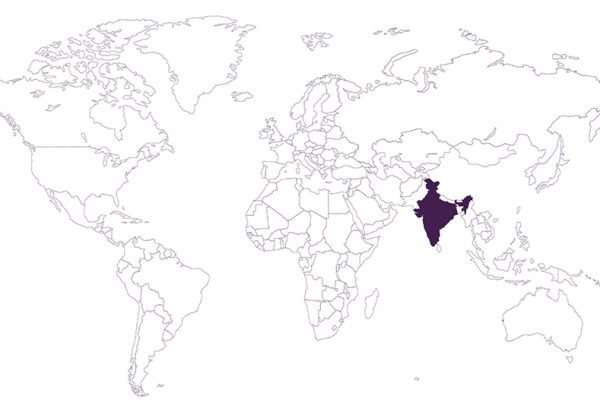 The last 6-8 months have forced corporate India to slow down. Leaders are reevaluating everything about their businesses – its relevance in a post-Covid era, the pace of digitization and role of technology, the mental health of employees and so many other aspects that weren’t top priority before the pandemic. During a business crisis, personal employee considerations can take a backseat. Especially questions like “what is their purpose in life and is it getting fulfilled in this job and role” tend to go unasked. However, this time this has not happened. Leaders have realized that it would be a grave error to lose sight of mental wellness and productivity boosters.
The last 6-8 months have forced corporate India to slow down. Leaders are reevaluating everything about their businesses – its relevance in a post-Covid era, the pace of digitization and role of technology, the mental health of employees and so many other aspects that weren’t top priority before the pandemic. During a business crisis, personal employee considerations can take a backseat. Especially questions like “what is their purpose in life and is it getting fulfilled in this job and role” tend to go unasked. However, this time this has not happened. Leaders have realized that it would be a grave error to lose sight of mental wellness and productivity boosters.
The reasons for the above are simple. When an employee feels his life has meaning and he is valuable to himself, he also considers himself valuable to the company. Every company covets an employee who is fit and a go- getter. Purpose of life for an employee greatly helps combat stress, unleashed by the uncertainty and fear of the pandemic. While reducing risks of stroke and memory loss, it enhances wellness levels by five times. It cuts down risk of death by 15 per cent. When his purpose is in sync with that of the enterprise; the employee is more committed, motivated and productive.
While most employees believe that they have a purpose and if asked they will say so. But if you dig a little deeper, specifically ask what that purpose is, many may find it hard to articulate it. For the set of employees who can clearly state their personal purpose, it is easier to find an overlap between that and the organization’s purpose – this makes it easier for them to align themselves with what the firm is trying to do.
As a CEO, one must be able to be able to connect these two different sets of purposes, personal and professional and ensure that all parts of the organization are aligned with this overarching idea. The below exhibit designed by McKinsey & Company lays out types of individual purpose.

We also have to be cognizant of the fact that personal purpose is not a fixed idea. It is constantly evolving and may sometimes change drastically due to a significant life event. During the pandemic, we have seen several leaders of India Inc become more focused on employee well-being, sustainability and other issues that they probably didn’t focus on as much before.
People spend a major portion of their life at the workplace. If they have no sense of purpose and are dissatisfied, they cannot give their 100 per cent to the Company. Employees must be encouraged to articulate their purpose, whether they are living it and how it compares to the Company’s purpose. Taking regular inputs from the employees and removing hurdles will help workers move towards their true vocation, within the Company’s guidelines.
Companies would do well to ingrain a sense of purpose in the employees as part of the enterprise work culture. Workers with a sense of purpose are healthier and tougher physically, mentally and emotionally. They can take stress of a crisis, like the present pandemic, with equanimity, and bounce back. They are the stars who will help to reinvent and rebuild the business, post Covid. The employees should be able to envision their life purpose in the Company’s Mission Statement.









